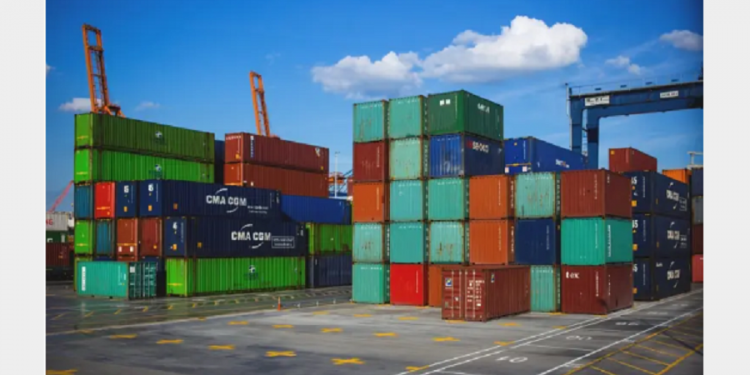Nigeria’s export volume to Niger Republic soared by 204% in the second quarter of 2024, driven by the reopening of borders after a partial closure due to political tensions caused by a coup in Niger. President Bola Tinubu authorized the reopening in March 2024, which has since revitalized trade between the two nations.
According to the National Bureau of Statistics (NBS), Nigeria’s exports to Niger increased from N6.72 billion in Q1 2024 to N20.46 billion in Q2 2024. Niger Republic now ranks as Nigeria’s 8th largest African trading partner, contributing 0.87% of Nigeria’s total export volume in Q2 2024, up from 0.30% in the previous quarter.
The border closure, which was initially imposed to address security concerns and prevent smuggling amid Niger’s political unrest, had severely restricted trade. The reopening allowed a surge in non-crude oil exports, including agricultural products and manufactured goods, to Niger.
Unlike larger African economies such as South Africa and Ivory Coast, which rely on Nigerian crude oil, Niger’s trade with Nigeria focuses on a variety of goods catering to local demand. This shift reflects the diverse economic relationship between the two countries.
In a statement issued by Ajuri Ngelale, the former Special Adviser to the President on Media and Publicity, President Tinubu lifted all sanctions against Niger in March, reopening land and air borders between the two nations. Shortly after the reopening, Nigeria’s Minister of Transportation, Senator Said Ahmed Alkali, announced a $1.3 billion funding deal to complete the Kano-Maradi railway line, linking Nigeria’s northern region with Niger.
The railway project, expected to enhance trade connectivity between the two nations, is primarily financed by the China Civil Engineering Construction Company (CCECC), which will cover 85% of the cost, with the remaining 15% funded by the Africa Development Bank (AfDB).
However, the railway project comes with a significant social impact. A report by Environmental Resources Management (ERM) and EnvAccord Limited, commissioned by the Africa Finance Corporation (AFC), revealed that the project will result in the displacement of 12,695 residential houses and the loss of 2,064 other assets across several northern Nigerian states.
The recent surge in Nigeria’s exports to Niger highlights the strong economic potential of regional cooperation, while also emphasizing the challenges of large-scale infrastructure projects in the region.










